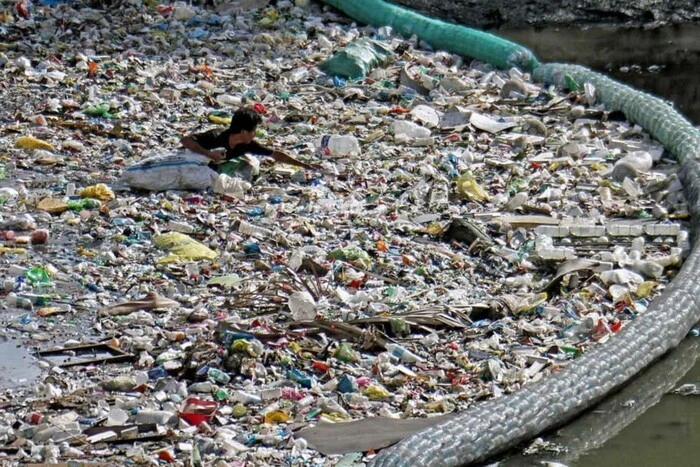Is the water pollution problem solved? Scientists have found a bacterium that destroys plastic.


Scientists from Northwestern University in the USA have found a way to combat the problem of plastic pollution in the environment. They identified a wastewater bacterium that can break down PET plastic (polyethylene terephthalate). This bacterium is capable of fragmenting plastic, breaking it down and using it as a carbon source. Scientists have established that this process is due to the presence of a certain enzyme in the bacterium. It has been found that the bacterium Comamonas testosteri, which occurs in water bodies and sewage, can feed on plastic waste. It first chews the plastic into pieces and then breaks it down with the help of an enzyme, allowing it to absorb carbon atoms. Scientists note that this discovery may contribute to the development of new methods for cleaning water bodies from plastic.
It is known that human brains contain more small plastic particles compared to previous years. Of course, microplastic contamination of the body occurs through diet and inhalation of plastic particles from the air. Scientists have found that polyethylene is most often found in brain, liver, and kidney tissues.
A new material, consisting of a cellulose derivative and an amino acid, has also been obtained. This material has strength properties and is also degraded by bacteria and is edible.
Read also
- Drones attacked a chemical enterprise in the Russian Federation: main news of the night
- In Ukraine, changeable cloudiness: weather forecast for June 8
- 100-year-old twins from Britain reveal the secret to their longevity
- A large fire broke out at a fuel warehouse in the Moscow region
- In the Tula region, UAVs struck the chemical industry enterprise 'Azot'
- Trinity 2025: traditions, signs, and the strictest prohibitions










